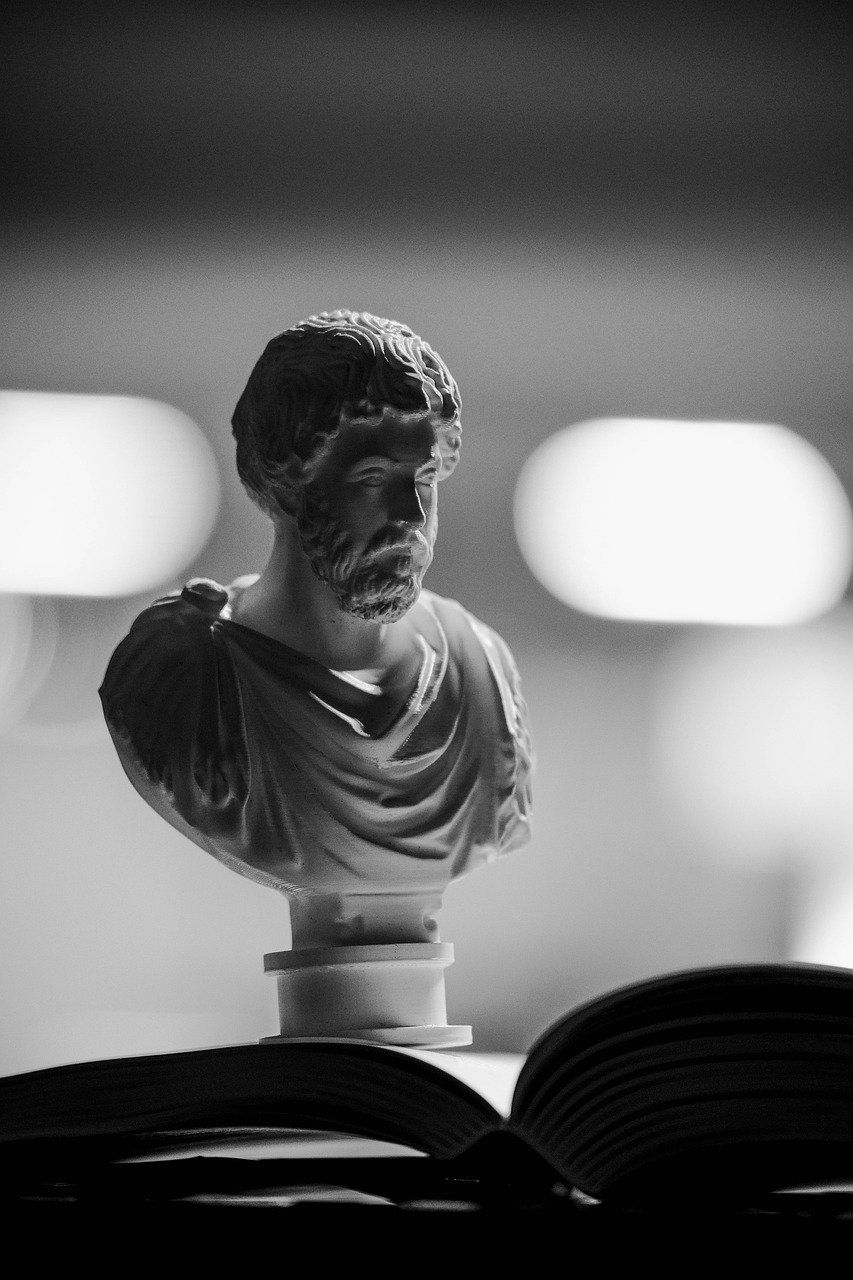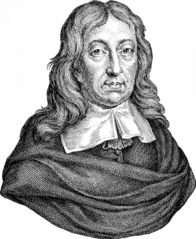Franz Kafkas works have a unique and enduring appeal for literature enthusiasts around the world

With his distinctive style and exploration of complex human emotions, Kafka’s books continue to captivate readers to this day. In this article, we will delve into the world of Franz Kafka’s books, providing a comprehensive overview of their significance, historical development, and appeal to art enthusiasts and collectors.
Introducing Franz Kafka and His Books
Franz Kafka, born in Prague in 1883, was a prolific writer known for his surreal and unsettling narratives. His literary style, often referred to as Kafkaesque, is characterized by the portrayal of the absurdity, alienation, and existential angst faced by his protagonists.
Kafka’s works are renowned for their exploration of themes such as powerlessness, identity, guilt, and the limits of human understanding. His writing showcases a deep understanding of the human psyche and the complexities of the human condition, making his books both fascinating and thought-provoking for readers.
Historical Development of Franz Kafka’s Books

Kafka’s literary career began in the early 20th century, and his works gained recognition posthumously. One of his earliest published works is “Description of a Struggle,” a collection of short stories that showcases Kafka’s signature style and themes. However, it was his novel “The Trial,” published after his death in 1925, that brought him widespread acclaim.
“The Trial” tells the story of Josef K., a man arrested and prosecuted by a mysterious and inaccessible legal system for an unspecified crime. This novel exemplifies Kafka’s skill in capturing the anxiety, paranoia, and powerlessness experienced by his characters. It serves as a seminal work in Kafka’s oeuvre and has since become one of his most well-known books.
Another noteworthy work by Kafka is “The Metamorphosis,” published in 1915. This novella follows the bizarre and tragic transformation of Gregor Samsa, who wakes up one morning to find himself transformed into a monstrous insect. Through this absurd premise, Kafka effectively explores themes of isolation, alienation, and the futile struggle for acceptance.
Kafka’s other significant works include “The Castle” and “Amerika,” both published posthumously. “The Castle” tells the story of K., a land surveyor who tries to gain access to a mysterious castle that governs a village. The novel offers a haunting portrayal of bureaucracy, frustration, and the elusive search for meaning.
“Amerika” depicts the journey of a young immigrant, Karl Roßmann, as he navigates the challenges of an overwhelming and unfamiliar America. Though incomplete, the novel offers a rich commentary on society, capitalist systems, and the disillusionment accompanying the pursuit of the American Dream.
Presenting the Appeal of Franz Kafka’s Books
Kafka’s books transcend the boundaries of time, language, and culture due to their universal themes and unique narrative approach. The blend of absurdity, psychological depth, and philosophical ponderings featured in his works continues to resonate with readers across generations.
Kafka’s ability to capture the human experience and convey intricate emotions in his writing is what sets his books apart. His narratives often delve into the darkest corners of the human psyche, confronting readers with their own fears, anxieties, and existential dilemmas. This unnerving quality creates a mesmerizing reading experience, ensuring the lasting allure of Kafka’s works.
Furthermore, Kafka’s influence extends beyond the realm of literature. His portrayal of bureaucracy, alienation, and societal systems has had a profound impact on art, film, and theater. Filmmakers such as Orson Welles and David Cronenberg have adapted Kafka’s works into acclaimed movies, further cementing his cultural significance.
In conclusion, Franz Kafka’s books offer a captivating exploration of the human condition, filled with enigmatic narratives, profound symbolism, and intriguing philosophical musings. Their significance and historical development have rightfully earned Kafka a place among the literary greats of the 20th century. Whether you are a seasoned art enthusiast or a curious reader, Kafka’s books are a must-read for those seeking to delve into the depths of the human soul.
By experiencing Kafka’s haunting prose, you will embark on a profound journey, questioning the nature of existence while getting lost in the labyrinthine corridors of his imagination. So, immerse yourself in Kafka’s world, and witness the potency of his words as they continue to resonate through the annals of literary history.
FAQ
How has Kafka influenced other art forms?
What is Kafkaesque literature?
Which Kafka book is the most famous?
Flere Nyheder
Retroplakater: Et Dyk Ned I Nostalgiens Verden
With his distinctive style and exploration of complex human emotions, Kafka’s books continue to captivate readers to this day. In this article, we will delve into the world of Franz Kafka’s books, providing a comprehensive overview of the...
Linnea Jensen
04 august 2024
Opdag kunstens perler i gallerier i Nordjylland
With his distinctive style and exploration of complex human emotions, Kafka’s books continue to captivate readers to this day. In this article, we will delve into the world of Franz Kafka’s books, providing a comprehensive overview of the...
Linnea Jensen
02 maj 2024
Billedrammer: En guide til at vælge og style dine billeder
With his distinctive style and exploration of complex human emotions, Kafka’s books continue to captivate readers to this day. In this article, we will delve into the world of Franz Kafka’s books, providing a comprehensive overview of the...
Jannik Hansen
04 marts 2024
Klaus Rifbjerg Bøger: En Dybdegående Udforskning af Et Litterært Arbejde
With his distinctive style and exploration of complex human emotions, Kafka’s books continue to captivate readers to this day. In this article, we will delve into the world of Franz Kafka’s books, providing a comprehensive overview of the...
Peter Mortensen
18 januar 2024











